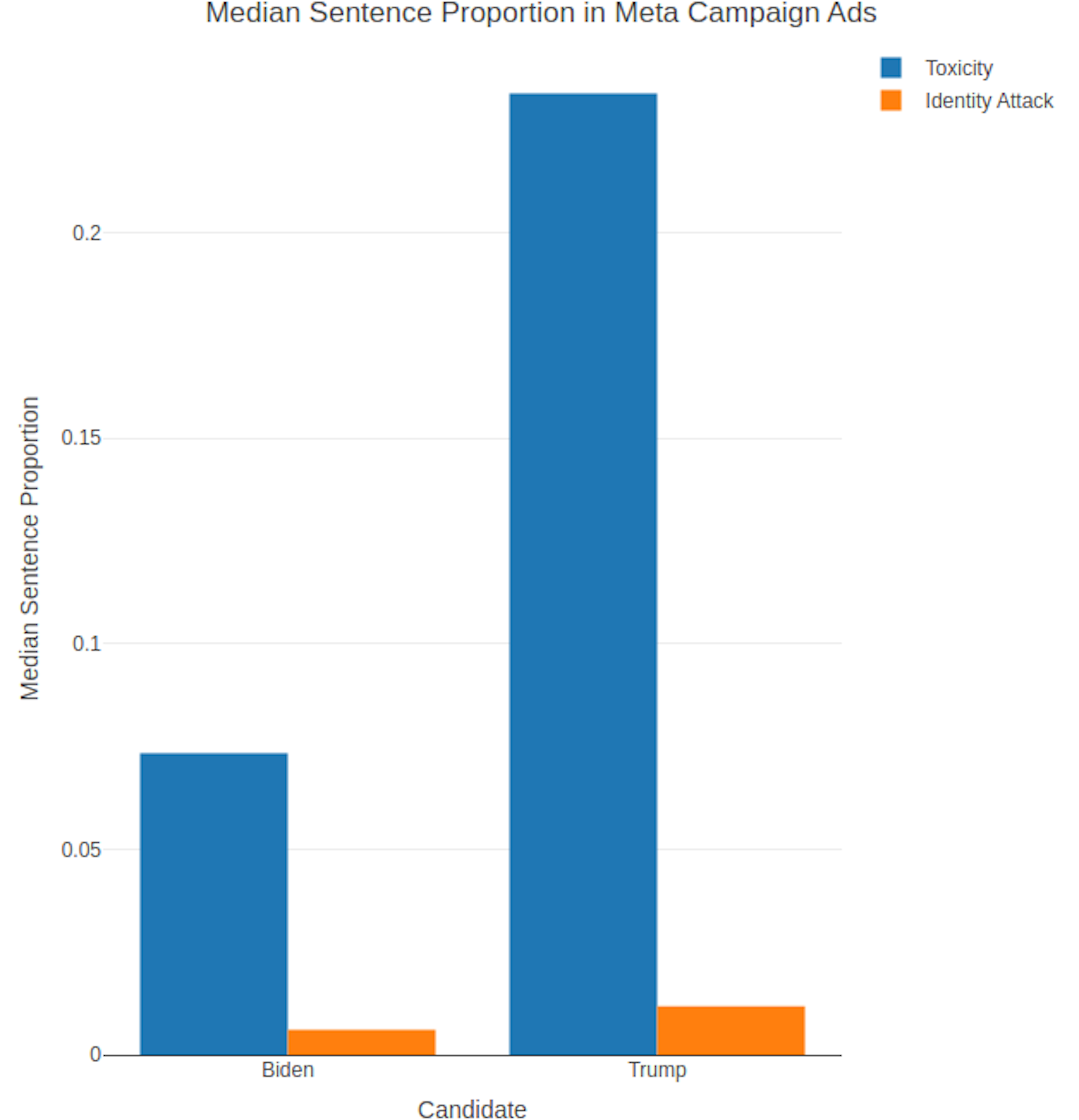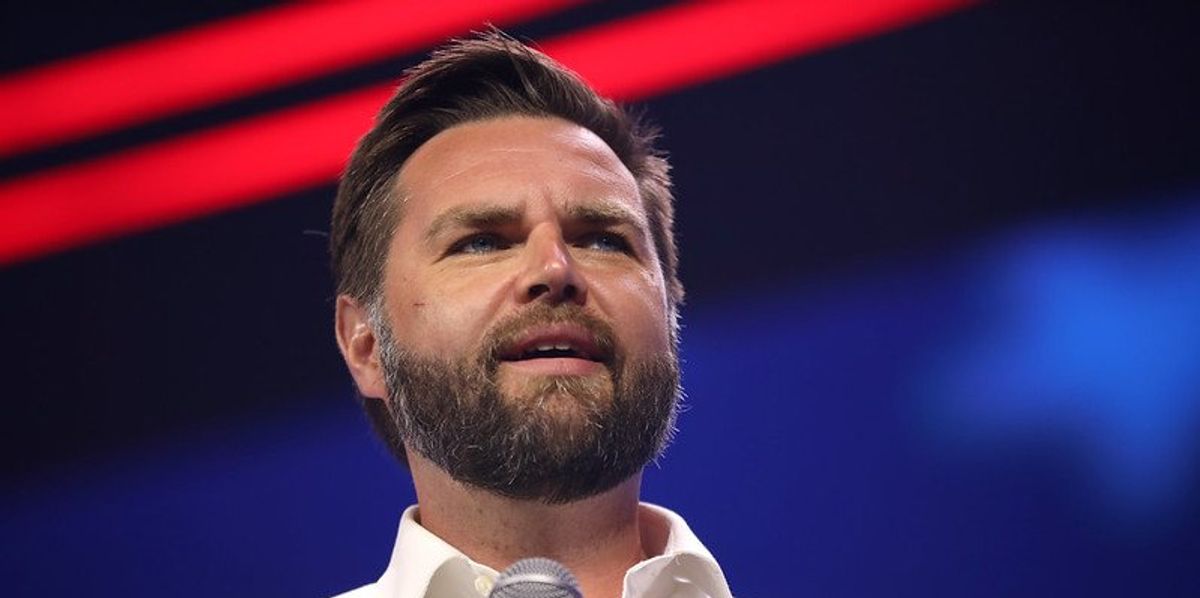

The article talks about anthropomorphism the way people did in the 1950s by treating it as humans falsely attributing human behaviors to animals without bringing up research since then that suggests we share a whole lot of traits.
From a simple mechanical point of view, animals limp when injured, scratch when itchy, sleep when tired, yawn, stretch, eat, sneeze, and so on from the same sorts of triggers that trigger us.
Moreover, does anyone really think humans evolved emotions entirely separate from animals? Do animals not experience fear, lust, aggression, frustration, and so on in ways similar to us? And often for similar abstracted reasons (I’m not going to fight you specifically for a a piece of bloated carrion, but we’ve seen people storm the Aid trucks bringing food to the hungry).
Obviously, humans misinterpret animal behavior all the time and THAT is legitimate anthropomorphism. There’s a meme of a duck ‘laughing’ that anyone who studied duck behavior would recognize as a distressed animal. Don’t smile at monkeys because showing teeth is a threat and if they show THEIR teeth to you, back off. People get stuff wrong all the time, and anthropomorphize frequently, but so much of what animals do is the same as us that the mistakes are understandable.
Instead of saying that people anthropomorphize parent animals licking/grooming their offspring as ‘a mom’s love’, I think it more appropriate to say people recognize a common trait we share. The scientist may term it as a bonding ritual, a need for cleanliness to ward off disease, and/or a method to identify their offspring’s scent and shape, BUT you could say the same thing about human moms (though we aren’t very good at scent and usually lick a napkin to get the smudge off rather than directly licking the child). We’re mostly the same. The attributions are often correct.

























ptarmigan